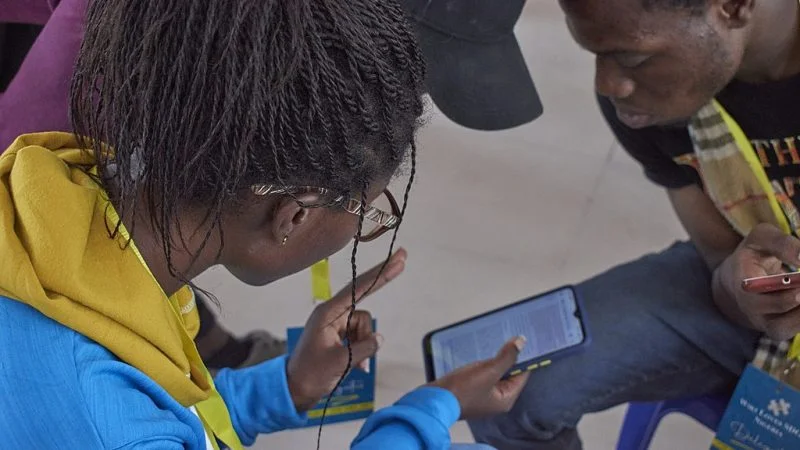Nigeria’s tech landscape faced a new wave of controversy, on May 21, 2021, following the government’s Twitter ban and reports of discussions with China to build an internet firewall.
This proposed system could reshape how Nigerians access the internet, raising alarms about censorship, privacy, and the future of the country’s growing tech sector.
The Twitter Ban and Firewall Rumors
Earlier in 2021, Nigeria banned Twitter after the platform removed a tweet by President Muhammadu Buhari, prompting swift compliance from local telecoms.
Amid this crackdown, a report from an investigative journalism group claimed that Nigeria’s government had engaged with China’s Cyberspace Administration to explore building a Nigerian internet firewall.
This system, modeled after China’s “Great Firewall,” could block VPNs—tools many Nigerians used to bypass the Twitter ban—and allow extensive government oversight of online activity.
Such a firewall would give authorities the power to:
-
Monitor and control internet access, limiting what Nigerians can view or share.
-
Block VPNs, restricting access to banned platforms like Twitter.
-
Censor content, potentially stifling dissent and free expression.
However, the Nigerian Presidency issued a statement to international media, denying these claims as “completely false” and labeling them as baseless speculation.
A Step Toward a “Big Brother” State?
Critics warn that an internet firewall could transform Nigeria into a semi-police state, where the government acts as a “Big Brother” monitoring citizens’ online activities. This move would likely:
-
Violate data privacy: Increased surveillance could compromise personal data.
-
Harm Nigeria’s tech growth: Restrictive policies could deter tech innovation and investment.
-
Limit free speech: Censorship could silence voices critical of the government.
The proposed firewall draws comparisons to China’s system, which has suppressed free speech by targeting influencers and critics since 2013.
In China, social media posts on platforms like Sina Weibo dropped by 70% between 2011 and 2013 due to heavy censorship, shifting discussions away from politics to less sensitive topics.
Government’s Push for Social Media Regulation
Adding fuel to the fire, Nigeria’s Minister of Information and Culture, Lai Mohammed, announced plans to regulate Over-The-Top (OTT) services and social media platforms.
He directed the National Broadcasting Commission (NBC) to begin licensing all OTT and social media operations in Nigeria.
This policy echoes the controversial Social Media Bill, which critics see as a backdoor approach to implementing stricter internet controls.
Such regulations could:
-
Require tech companies to comply with local laws, similar to China’s model.
-
Limit access to global platforms that refuse to adhere to government rules.
-
Set the stage for a broader internet firewall.
Expert Insights: A Risky Move for Nigeria
Ikemesit Effiong, a research analyst at a Lagos-based risk consultancy, argues that Nigeria lacks the financial resources to build a firewall independently. However, he suggests China could fund such a project in exchange for access to Nigerian user data, using Nigeria as a testing ground for its surveillance technology.
Effiong warns that restricting free speech could backfire, stating:
“Censoring free speech often fuels unrest rather than peace. It pushes dissent underground, creating fertile ground for extremist groups like Boko Haram or IPOB.”
He emphasizes that Nigeria’s high insecurity in 2021 makes open dialogue critical for addressing national challenges. Instead of censorship, Effiong proposes tackling fake news by:
-
Supporting credible media outlets to report objectively.
-
Allowing market competition to filter out misinformation naturally.
-
Equipping Nigerians with tools to distinguish fact from fiction.
Why This Matters for Nigeria
In 2021, Nigeria’s youth rely heavily on the internet for activism, remote work, and social media-related jobs. An internet firewall could stifle these opportunities, especially during a time of economic and security challenges. Open access to platforms like Twitter has empowered young Nigerians to hold the government accountable and drive social change.
As debates swirl, the question remains: Can Nigeria balance regulation with freedom? Or will it follow a path that risks its tech progress and democratic values?






